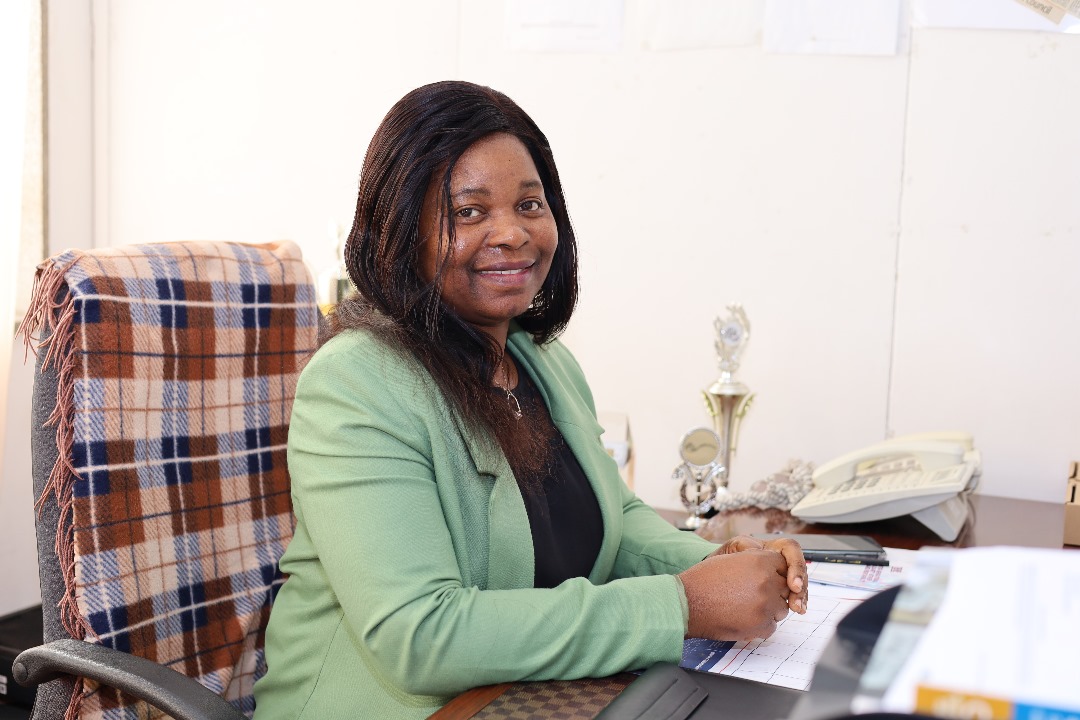|
Getting your Trinity Audio player ready…
|
Makoni Rural District Council (RDC), in partnership with the local traditional leadership, has scored a first by embracing gender inclusivity by parcelling out pieces of land to women, both the council and traditional leaders have confirmed.
Chiefs in the area are also promoting women to become village heads and headwomen.
Traditionally, land ownership was a preserve for men alone with women not considered whenever such issues were discussed.
However, it is now widely believed that women’s access to land and other productive resources is linked to global food security, sustainable economic development, as well as the pressing fight against the HIV epidemic and prevention of and responses to gender-based violence.
Traditional leaders in the Makoni district of Manicaland under Makoni RDC are now allocating pieces of land as well as facilitating them to get some permits, making them legal owners of the land.
In an interview, Chief Makoni said as traditional leaders in the area, they were worried about high divorce cases in the area leading to female spouses being kicked out of the matrimonial home.
He said children ended up suffering after their parents went separate ways with their fathers remarrying whilst the mothers were driven out of the family.
“I have four headwomen and more than 15 village heads under my jurisdiction. These female traditional leaders are very helpful, I have since realised that they are performing much better than their male counterparts in presiding over disputes that arise from time to time,” said Chief Makoni.
He said they are also doing very well in helping preserve cultural beliefs in the area as well as playing active roles in environmental conservation activities.
He said these female traditional leaders are also instrumental in making sure that their fellow female villagers who are either married, single, or divorced are given access to land that is registered in their names.
Chief Tandi from the same district also echoed the same sentiments with those of Chief Makoni saying he has about 17 village heads and six headwomen in his territory whom he also said are very hardworking.
“My work has been made easy by these women whom I used to think were incompetent to mediate domestic disputes,” said Chief Tandi.
He said he is considering upgrading more women to such positions should any opportunity arise, adding that divorce cases are now on a downward trajectory ever since he started upgrading women to leadership positions.
“Men used to take advantage of their land ownership rights and were divorcing their wives at will, but now that some women are the legal custodians of the land, men have reformed as it is them who stand to lose, should they divorce their spouses,” said Chief Tandi.
He also encouraged other traditional leaders from across the country to emulate the same practice which he said has proved to be effective in keeping marriages intact in the area.
He said the headwomen and female village heads have played a significant role in making sure that women are not chased away from their matrimonial role in cases of divorce.
Makoni RDC’s acting Chief Executive Officer (CEO), Mr Pius Mushaya said he is working very well with the traditional leadership in implementing the new concept.
Although he could not provide the actual figures of female traditional leaders in the area, he said they are more than 50 female.
Mushaya further said that he had no problems facilitating paperwork in the event that female villagers have been offered land in the area.
Gender Links, a leading Southern African women’s rights organisation has hailed the move to empower women in Makoni.
In an interview, the organisation’s regional manager Priscilla Maposa, said the decision to grant women land ownership in Makoni RDC, which is one of the councils working with Gender Links in the Centres of Excellence for a gender mainstreaming programme with support from the embassy of Sweden, was a positive development that holds great significance for women in the country.
She said previously, women were denied the opportunity to own land, which limited their economic and social empowerment.
However, with the Makoni RDC and local chiefs now allocating land to women and granting them permits for ownership, Maposa said, women have the chance to engage in agricultural activities, establish businesses, and secure their financial independence.
“This move towards gender equality recognises women’s rights to own property and acknowledges their contributions to the country’s development. By allowing women to own land, local authorities will be taking a progressive step towards empowering women and promoting their overall well-being in society,” she said, adding that the move is in line with the objectives of Vision 2030 which seeks to transform Zimbabwe to an upper middle-income economy as well as a giant step towards the achievement of SDG 5.
